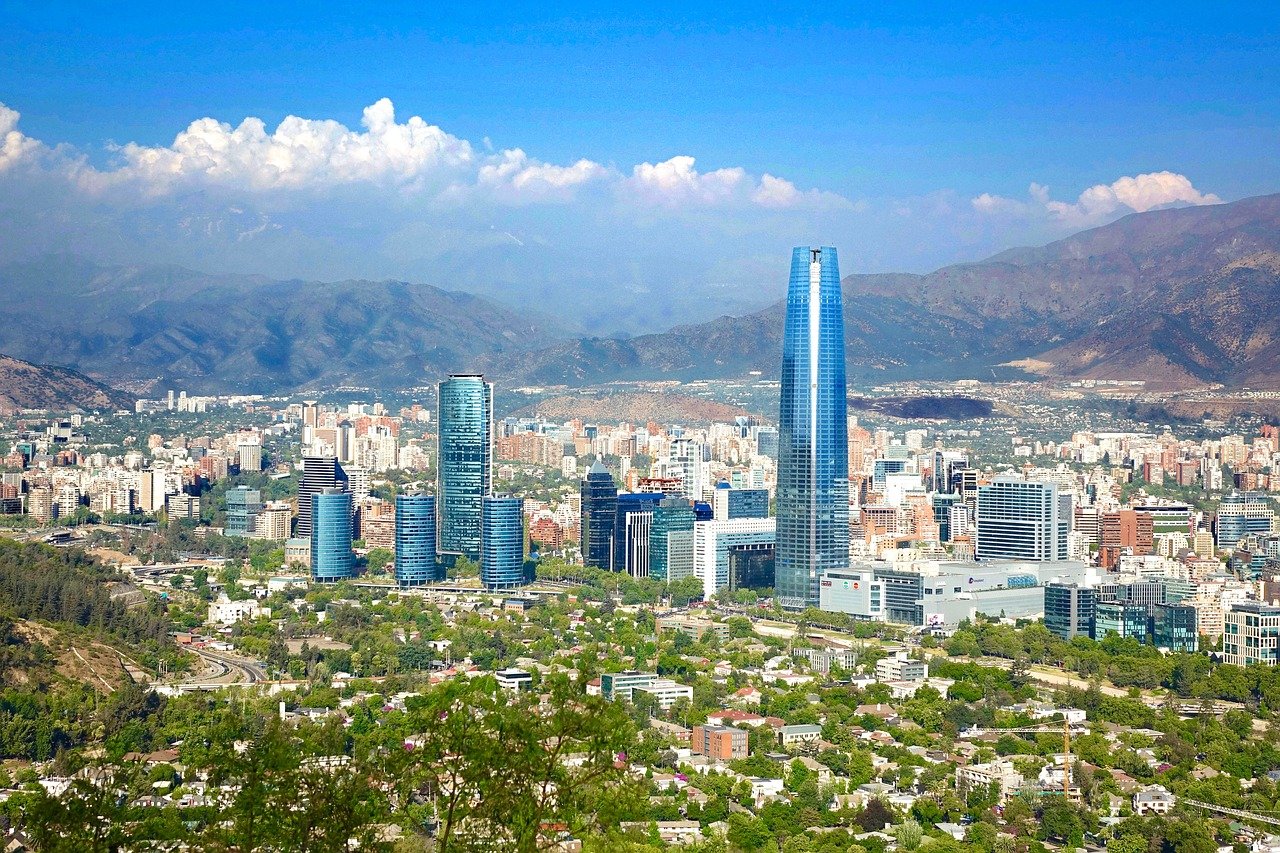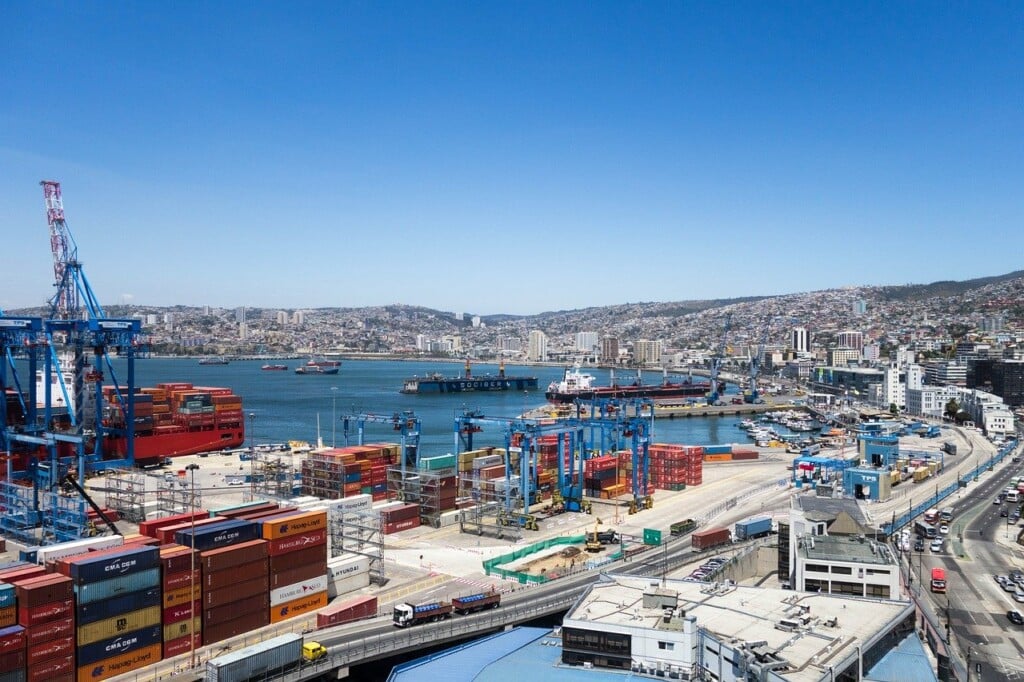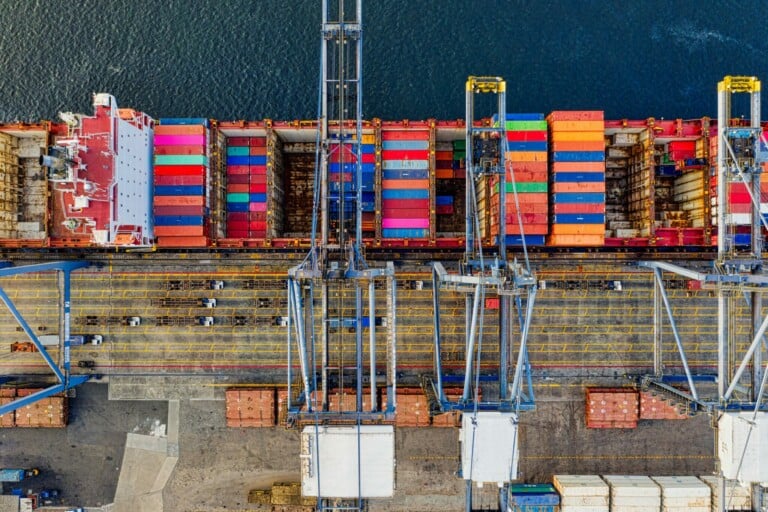Properly undertaking product registration in Chile is crucial to any investor intending to launch a product onto the market. Failure to obtaining the correct permits to import, distribute, or sell a product in the South American country could draw severe penalties and jeopardize your business, so better understanding the process should help you avoid delays and unnecessary expenses when doing business in Chile.

According to the World Economic Forum’s 2019 Global Competitiveness Report, Chile is the most competitive country in Latin America and the Caribbean, largely due to its stable macroeconomic environment and investment-friendly policies. The South American country is also the world’s 15th freest economy, according to the Heritage Foundation’s 2020 Index of Economic Freedom.
Chile is a global free trade beacon, having reached free trade agreements (FTAs) with 64 countries and regional associations. Furthermore, Chile was the only Latin American country to appear among the top 20 of the 2019 Global Entrepreneurship Index, occupying the 19th spot on the list.
Chile registered a gross domestic product (GDP – PPP) of $503 billion (all figures in USD) in 2019 and is the world’s leading copper producer. Its other key exports include minerals, wood, fruit, seafood, and wine.
If you need a legal counsel in Chile to help you launch in one of Latin America’s most developed markets, read on to learn about product registration in Chile.
Product registration in Chile: general import compliance requirements

When importing goods with a nominal value of less than $1,000, a process of product registration in Chile can be done through a private entity or directly through the National Customs Service. Some of the required documents include:
- Entry summary declaration
- Original bill of landing (for maritime shipment), consignment note (for road transport), or airway bill (for air transport). These guarantee the existence of the contract between the exporter and shipping company. They also serve as receipts for the goods and declarations for customs clearance
- Original commercial invoice certifying the object of sale and its value
- Entry summary declaration
- Power of attorney
- Free sales certificate, in the case of agricultural and food products
- Travel certificate, in the case of importing traveler’s luggage.
On the other hand, when importing goods with a nominal value above $1,000, you must carry out the product registration process through a customs agency. In that instance, the following additional documentation is required:

- Importer affidavit on the price of the merchandise.
- Endorsement of the original bill of lading on behalf of the customs agent to allow for the clearance of goods.
- Insurance certificate (In the case that is not included in the commercial invoice).
- Expense claims including all expenses which are not included on the website.
- Permits, visas, certificates, or clearances when necessary.
- Packaging list for grouped merchandise or for merchandise packed in containers.
- Free sales certificate, only for agricultural and food products.
- Import authorization.
- Certificate of origin that certifies the country of origin where the merchandise is produced.
- Certificate of Insurance.
- Expense claims.
- Proof of origin, for imports between Chile and the European Union.
Regarding import tariffs, Chile has adopted the Harmonized Commodity Description and Coding System (HS), an international standard for tariffs developed by the World Customs Organization (WCO) to facilitate easier import and export.
Chilean imports are subject to the payment of the ad-valorem duty or tariff that is calculated on the cost, insurance, and freight (CIF) value. Note that since Jan. 1, 2013, Chile applies a general tariff of 6 percent on most products — one of the lowest import tariff regimes in Latin America.
Furthermore, all imported products must pay a value-added tax (VAT) based on the CIF value plus the ad-valorem duty. Some selected products — namely tobacco, luxury goods, and alcoholic beverages — must pay higher excise duty. Regional trade agreements or treaties can ensure exemption from ad-valorem tariffs or preferential rates. Note that all imports to Chile from the EU enter tariff-free.
Registration requirements for different types of products
Procedures related to product registration in Chile depend upon the type of product being imported or sold. Some product’s that have special procedures include:
Food and other products destined for human consumption

Upon the entry of products into Chile, the National Customs Service (Servicio Nacional de Aduanas) will require a CDA certificate (Certificado de Destinación Aduanera), which describes the place where the goods will be stored, as well as the route and conditions they will be kept in from the customs facility to the storage or warehouse where they will be kept prior to being distributed for sale or consumption. Importers may only request authorization to sell or carry out commercial transactions with the imported goods if the aforementioned procedure has been completed.
Pesticides, disinfectants, sanitizers, pharmaceutical, and medical products
Prior to their commercialization, all such products need to be registered before the Chilean Public Health Institute, or INS (Instituto de Salud Publica). The initial registration process can be conducted online. The goal is to obtain a Health Registration (Registro Sanitario) which allows the fabrication, importation, and distribution of the aforementioned products in Chile. This is to ensure the quality, safety, and effectiveness of such goods.
Pharmaceutical products with veterinary applications
The importation and subsequent commercialization of these products needs to be cleared by the Chilean Agriculture Service (Servicio Agrícola y Ganadero).
Alcoholic beverages, wines, biotechnology, plants, flora and fauna, other organic products
The importation and subsequential commercialization of such products need to be authorized by the Chilean Agriculture Service (Servicio Agricola y Ganadero). This authorization can be requested online.
Complete product registration in Chile with the help of Biz Latin Hub
Ensure the success of your operations in Chile by engaging with an experienced partner who can provide legal representation to assist you in undertaking product registration in Chile.
At Biz Latin Hub, our multilingual team of corporate legal and accounting specialists has vast experience assisting foreign companies with the likes of company formation, legal representation, and HR services. With our full portfolio of market entry and back-office services, we can be your single point of contact to develop commercial operations in Chile and take advantage of business opportunities in the country, or anywhere else in Latin America and the Caribbean.
Contact us today to receive personalized assistance and learn more about our team and expert authors.







